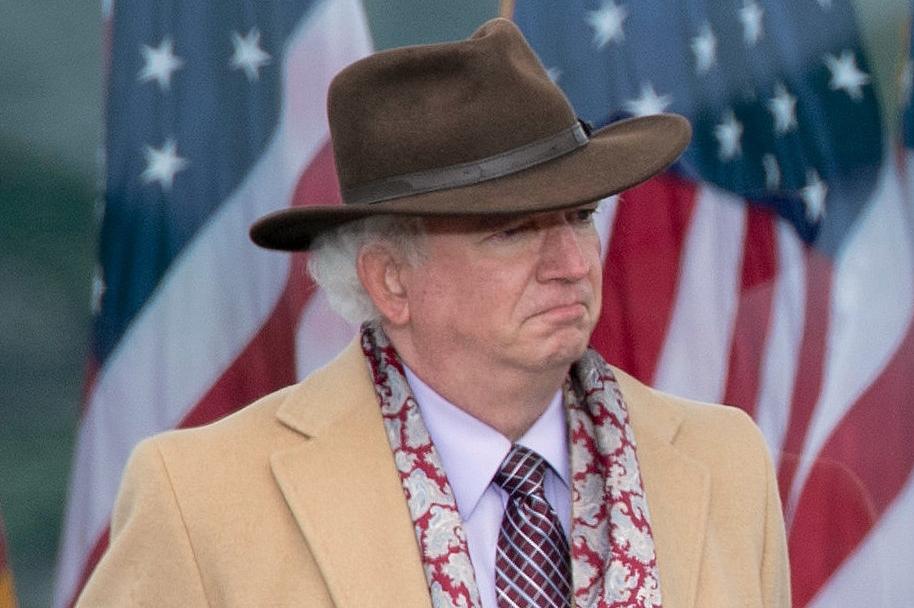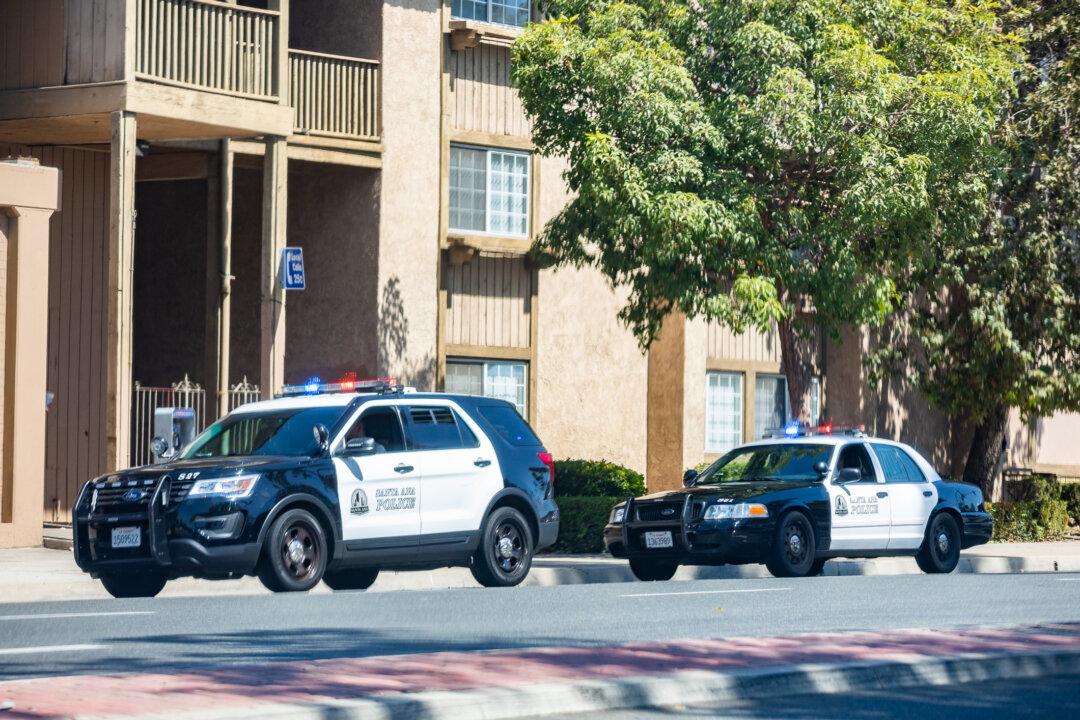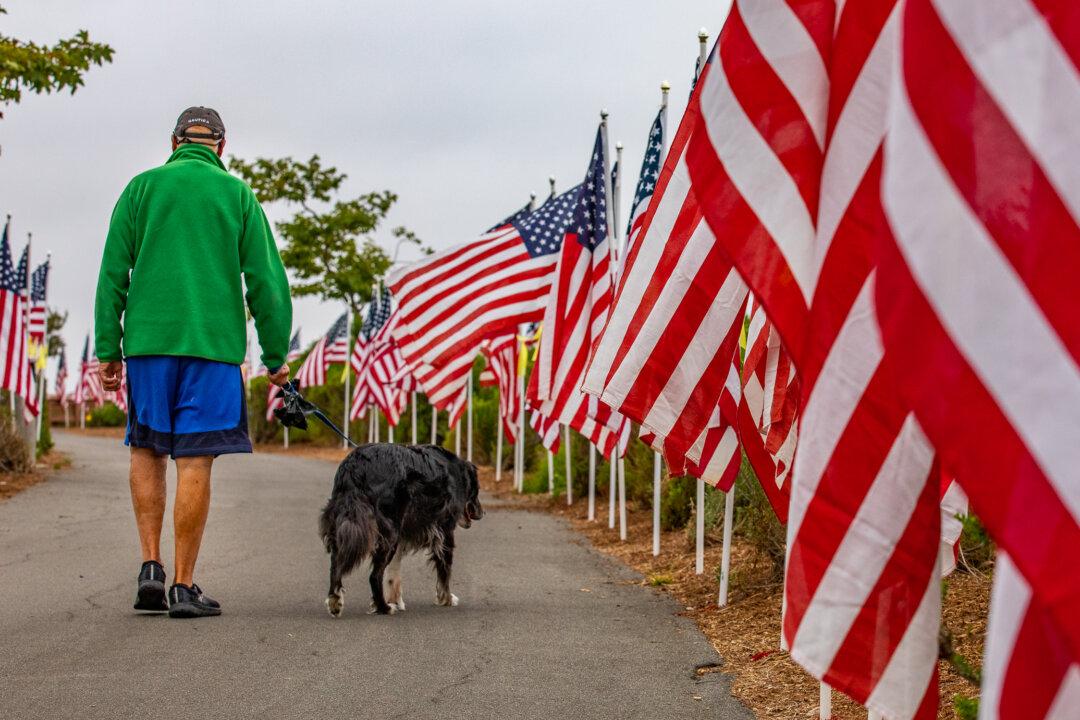SANTA ANA, Calif.—A former Chapman University law professor who represented Donald Trump near the end of his presidency agreed in federal court Jan. 24 to begin a process of vetting his work emails to determine which ones will be allowed to be shared with the House of Representatives panel investigating the Jan. 6, 2021, Capitol breach.
John Eastman, who then-President Trump hired to look into alleged election issues, argued in court that the Jan. 6 committee does not have the standing to subpoena almost 19,000 emails sent from his Chapman email account between Nov. 3, 2020, and Jan. 20, 2021, due to attorney-client privilege he had with Trump and other potential clients.





